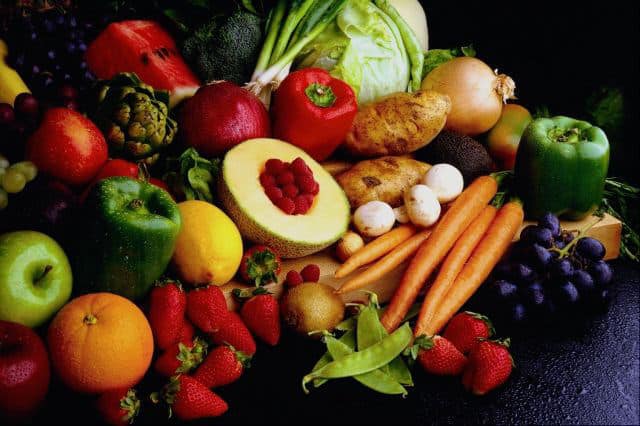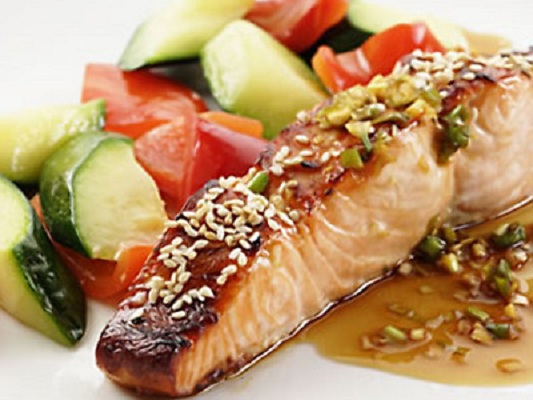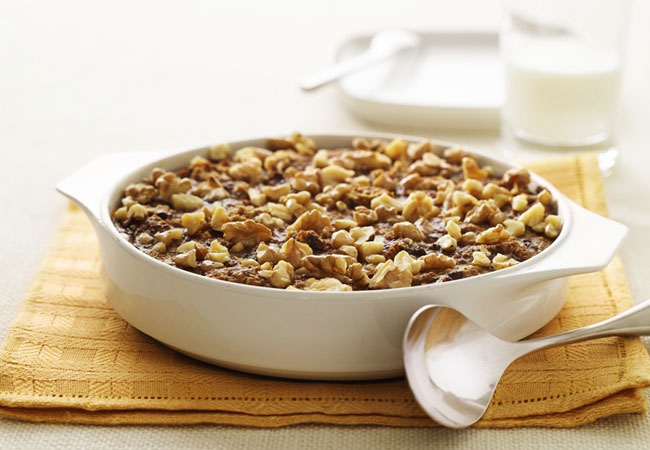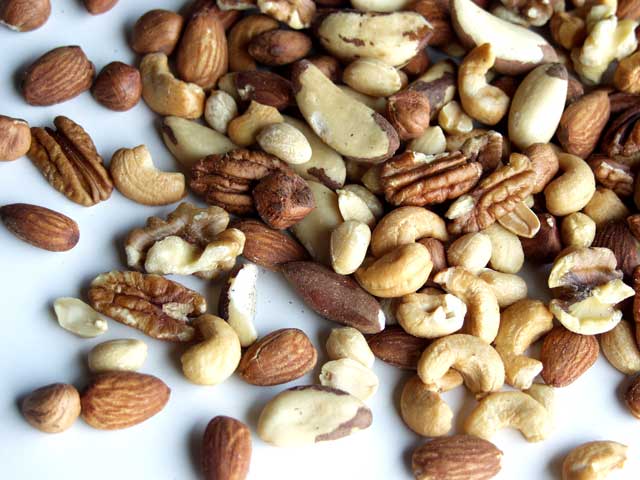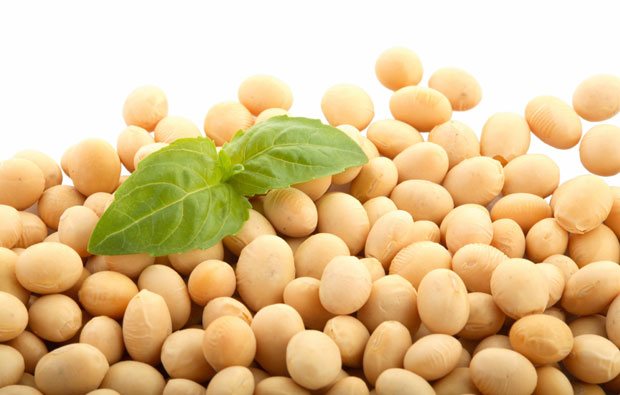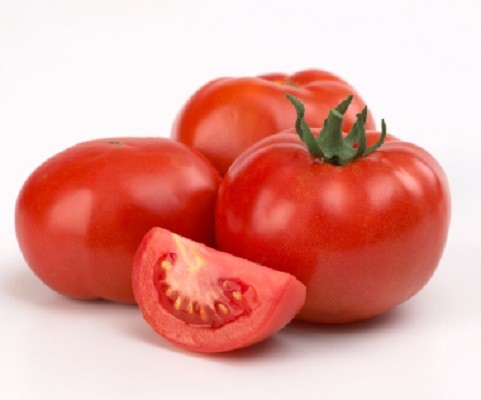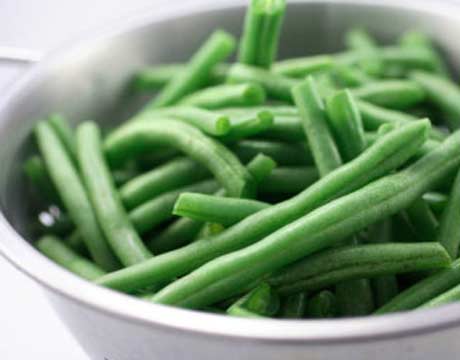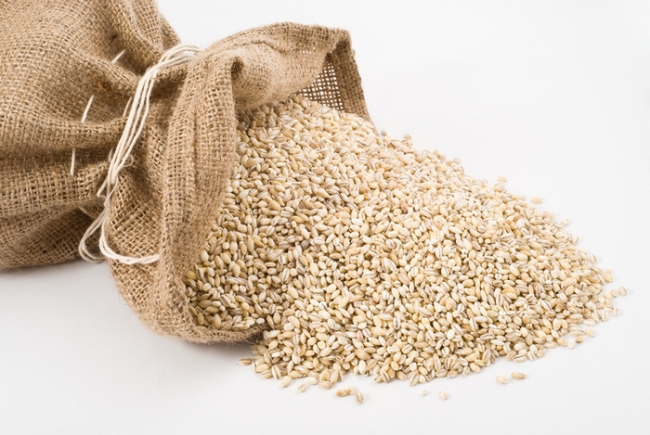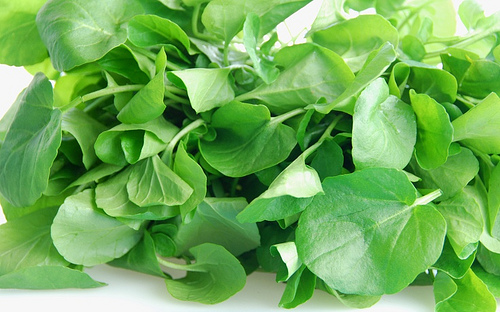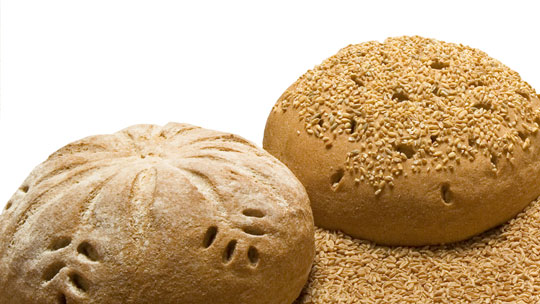Every year the number of people in the United States dying because of heart diseases is increasing. Everyone is aware that a healthy diet can reduce the risk of heart diseases. This is even better when you pair it up with regular exercise and continue a healthy weight. Now you must be wondering what foods will keep your heart happy, healthy and strong.
Very simple food choices can help you go a long way as far as the health of your heart is concerned. Begin by focusing more on fresh foods, since they contain heart-friendly fats and antioxidants. This in turn can bring down the risk of acquiring heart diseases and decrease your chances of getting a heart attack.
Eating unsaturated fats like olive oil and omega 3 fatty acids can bring your triglycerides down. Triglycerides prevent blood from clotting in our arteries and prevent plaque accumulation. A diet rich in soluble fiber also brings LDL cholesterol down. Therefore, if you are wondering what to eat to keep your ticker ticking, here are nine foods that are rich in heart-healthy nutrients.
Sardines
Although fish have a bad reputation, they are excellent source of omega 3 fatty acids. They also contain a generous amount of calcium and niacin. They protect your heart and reduce both inflammation and the possibility of blood clots. These fats also aid in maintaining a healthy cholesterol level. Indulge in fishes like salmon or other oily ocean fish like sardines, tuna and even herring at least twice a week. Try them on the grill or use them on salads, in sandwiches, or even in sauces. For a heart-healthy meal, try grilled fish steak with a green vegetable and a side salad with a dash of lemon juice.
Oatmeal
If you are looking for a filling breakfast, kick start your day with a bowl of oatmeal. Oats contain beta glucan which is a soluble fiber and can reduce the total cholesterol and LDL cholesterol. The soluble fiber maintains a healthy digestive system. Oatmeal also has a low glycemic index, provides lasting energy also keeping hunger at bay. Enjoy your oatmeal with a small amount of brown sugar and plenty of walnuts and strawberries at breakfast. However, look for the rolled oats since they contain much less sugars that the instant ones.
Nuts
Incorporating nuts into your diet can make your heart happy. Nuts are rich in unsaturated fatty acids and contain numerous nutrients, which makes them great snack food. The type of nut is not important, walnuts, almonds and hazelnuts are all excellent. Eating nuts instead of the less healthy snack can help you follow a heart-healthy diet. With regular intake nuts, you can bring down the LDL cholesterol level. Nuts also reduce your risk of building up blood clots that can cause heart attack. Nuts also improve the health of the arterial walls. Nuts contain unsaturated fats, fiber, omega 3 fatty acids, l-arginine, vitamin E and much more. For a wholesome snack, add some nuts to your green salad, or chicken salad.
Soy
Soy foods help reduce the risk of heart disease by three separate mechanisms. Firstly, soy foods contain less saturated fat and more polyunsaturated fat. Secondly, they directly bring down blood cholesterol levels. Finally, there are fascinating evidences that suggest that soy foods reduce risk of heart disease owning to mechanisms independent of their effects on blood cholesterol. Tofu is a popular soy food and can reduce your risk of having a cardiovascular disease. A diet containing 25 grams of soy protein contains 50 to 60 milligrams of soy isoflavones. You can add tofu to any stir-fry or salad and it can readily absorb the flavors.
Tomatoes
Tomatoes are that one thing which comes packed with vitamins and lycopene and can reduce heart disease risk. Try adding thick slices of tomatoes to your daily sandwiches and salads or just enjoy homemade pure tomato sauce with whole wheat pasta. Reports show that the cooked tomato and canned tomato both contain more lycopene than raw tomatoes.
Tomatoes are an excellent source of vitamin C and vitamin A along with fiber and potassium. Tomatoes are high in lycopene, which in combination with other vitamins and minerals prevent diseases. Cooking increases the health benefits of this juicy and lush fruit and brings a tangy flavor to your dish. So eat healthy with the inexpensive juicy tomatoes.
Beans
Legumes are low fat, high-soluble fiber protein source. The beans are rich in vitamin, have low glycemic index, and are cholesterol-free. You can try them in your salads and chili and get that perfect health food. Both dried and canned beans are equally rich in fiber, however, the canned ones have higher salt content.
Eating beans regularly is good for your heart, and a little works wonders. Studies show that having 1⁄2 cup of cooked pinto beans daily will be able to lower cholesterol. Like all foods that contain soluble fiber, beans help in binding cholesterol and keep it from being absorbed to your body. The fermentation of fiber produces short-chain fatty acids, which inhibit formation of cholesterol. Beans contain a range of heart-friendly chemicals including flavonoids. Flavonoids inhibit the sticking of platelets hence lowering the risk of heart attack and strokes.
Barley
The whole grain barley is a rich source of both soluble and insoluble fiber and can help fight constipation. Barley also contains a decent protein source and is a good supply of iron and minerals. Make sure to go for the whole grain barley cereals, and substitute the whole grain barley for rice and pasta once a week. You can also try the nutty, whole grain barley in your soups and stews. The fiber in barley brings down cholesterol levels and even lowers your blood glucose levels as well. Barley when toasted, ground, and added to your cereal can be equally heart healthy.
Green leafy vegetables
Green leafy vegetables like fenugreek, spinach, lettuce, iceberg lettuce, radish leaves, etc., are heart healthy. The green veggies can reduce the risk of heart diseases as well as some cancer. The green veggies are extremely low in fat and calories and are very rich in dietary fiber. They also contain folic acid, calcium, magnesium, potassium, etc., which boosts optimum functioning of the heart. Studies show that one daily serving of green leafy vegetables can reduce the risk of heart diseases by 11 per cent.
The green leafy vegetables also contain folate, which keeps the homocysteine levels down. The green leafy vegetables also aid better retention of memory.
Whole grains
People who indulge in whole grains are usually leaner and have lower risk of heart disease. This is because whole grains contain antioxidants, phytosterols and phytoestrogens, which are effective in protective against coronary disease.
The fiber present in the
whole grains is also beneficial. Aim at including plenty of foods that contain soluble fiber since they can bring down LDL cholesterol. Soluble fiber also binds bile acid that our bodies make from cholesterol. Since human body cannot digest fiber, the bile acids bound to it flushed out of the body as waste. Whole grain foods that are high in soluble fiber include barley, oatmeal, beans, eggplant and okra.


